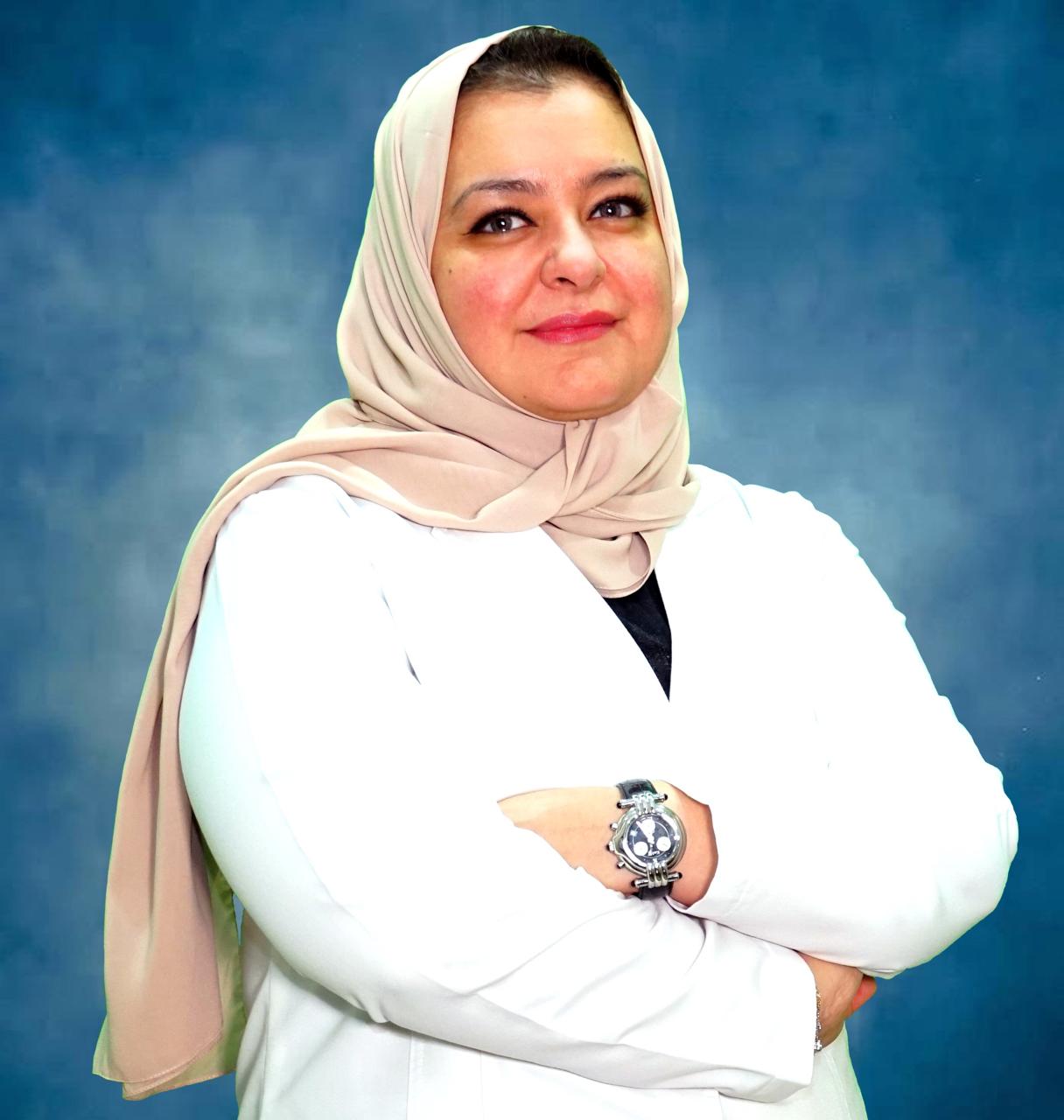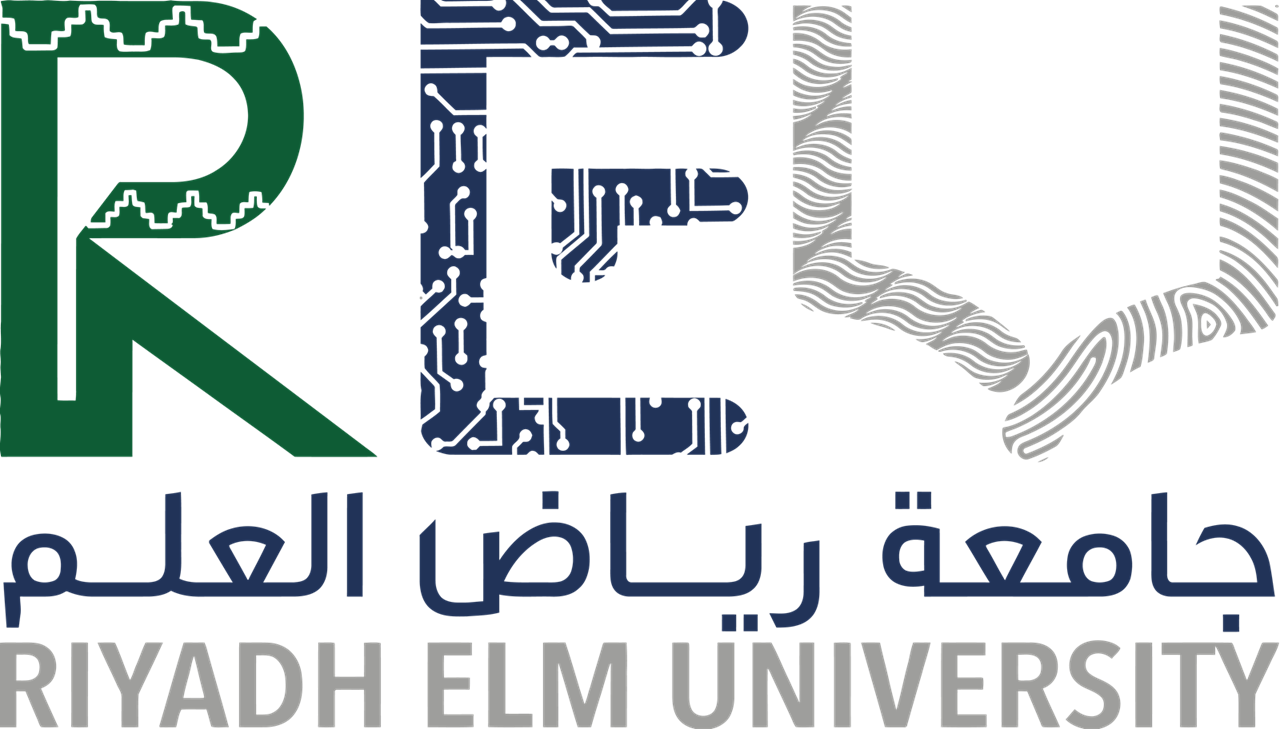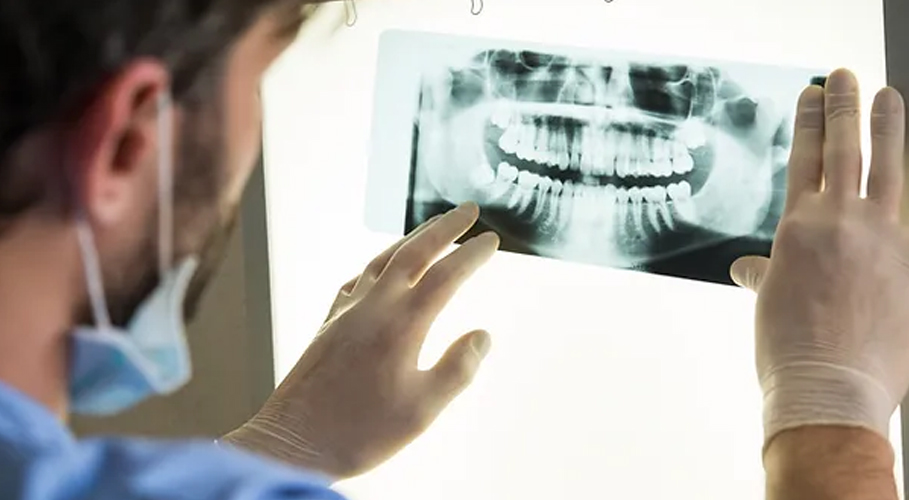حول الجامعة
جامعة رياض العلم هي أول منشأة تعليمية صحية خاصة في المملكة العربية السعودية .بدأت الجامعة في عام 2004م
الرؤية
أن تصبح مؤسسة تعليمية متقدمة محلياً وإقليمياً ودولياً.
الرسالة
التعليم والتدريب الفعال مع المساهمة النشطة في البحث العلمي وخدمة المجتمع.
الاهداف
 إعداد كوادر مؤهلة لتلبية احتياجات سوق العمل.
إعداد كوادر مؤهلة لتلبية احتياجات سوق العمل.  تمكين الشراكة والمسؤولية المجتمعية.
تمكين الشراكة والمسؤولية المجتمعية.  توفير بيئة جامعية متكاملة وتفاعلية وداعمة.
توفير بيئة جامعية متكاملة وتفاعلية وداعمة.  توفير بيئة داعمة للبحث العلمي والإبتكار.
توفير بيئة داعمة للبحث العلمي والإبتكار.  تقديم برامج دراسات عليا تنافسية
تقديم برامج دراسات عليا تنافسية  تشجيع التعلم مدى الحياة من خلال برامج خدمة المجتمع والتعليم المستمر.
تشجيع التعلم مدى الحياة من خلال برامج خدمة المجتمع والتعليم المستمر.

الكليات والبرامج الدراسية
التدريس المخصص والتدريب الممتاز والبحث المتميز وتوفير الرعاية الجيدة للمجتمع
كلية الطب وطب الأسنان
تأسست كلية الطب وطب الأسنان بجامعة رياض العلم (كليات الرياض لطب الأسنان والصيدلة سابقاً) عام 2004م، كأول كلية صحية أهلية في المملكة العربية السعودية.

د. أسامه بن محمد المقيرن
أستاذ مشارككلية الصيدلة والتمريض والعلوم الطبية
توفر كلية الصيدلة في جامعة رياض العلم التعليم الصيدلي والمهني وتدعم البحث العلمي السريري والأساسي في هذا المجال.

د.تهاني بنت محمد الرهبيني
عميدة كلية الصيدلة والتمريض والعلوم الطبيةكلية التقنية والأعمال
توفر CTB تعليمًا عالي الجودة لإعداد الطلاب للمهن المهنية والتعلم مدى الحياة...

د. سلطان بن علي الأسمري
عميد كلية التقنية والأعمالالدراسات العليا
أخذت الجامعة في رسالتها ورؤيتها وأهدافها التعليم بعد التخرج كمساهمة رئيسية في التعليم العالي في المملكة العربية السعودية.
جامعة رياض العلم
جامعة رياض العلمالقبول والتسجيل
تعد عمادة القبول والتسجيل أحد الركائز الأساسية في جامعة رياض العلم REU التي تقدم خدمات فعالة وكفؤة لجميع الطلاب عبر بوابة إلكترونية متطورة (eGate).

أخر الاخبار(عرض الكل)
يوم البحث والابتكار في جامعة رياض العلم 2025
يُعد يوم البحث، الذي ينظمه مركز البحث والابتكار بجامعة رياض العلم سنويًا، تجمعًا بحثيًا بارزًا يسلط الضوء على إنجازات طلابنا...
جامعة رياض العلم تحتفل بيوم التأسيس بحضور شخصيات بارزة
جامعة رياض العلم تحتفل بيوم التأسيس بحضور شخصيات بارزةاحتفلت جامعة رياض العلم بيوم التأسيس في أجواء مميزة تجسد الاعتزاز بالهوية الوطنية...
التزام جامعة رياض العلم بالتميز يؤتي ثماره بحصولها على اعتماد AHPGS
حصلت جامعة رياض العلم على الاعتماد الدولي الكامل من وكالة الاعتماد للعلوم الصحية والاجتماعية (AHPGS) لبرامج الماجستير في جميع تخصصات طب الأسنان...













